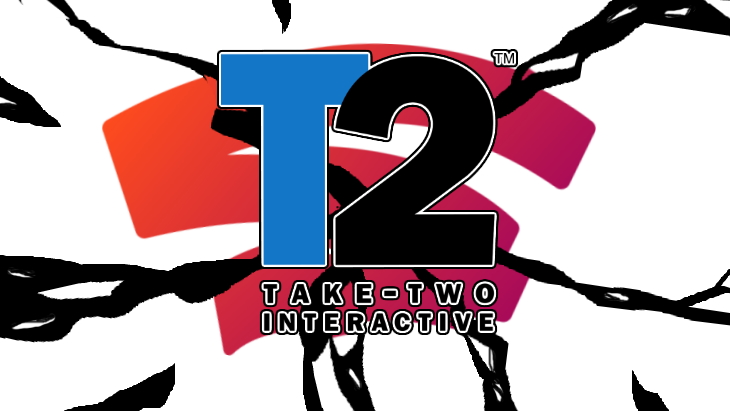
Take-Two Interactive CEO Strauss Zelnick has stated there was “some overpromising” on what the technology behind video game streaming was capable of, such as through Google Stadia.
The news comes from Gamespot (Editor’s Note: webpage features auto-playing videos with sound), with Zelnick speaking during the Bernstein Annual Strategic Decisions Conference.
Explaining why Take Two showed interest in the Stadia, some of his comments did not sound supportive of the Stadia’s initial performance, or the reception of video game streaming.
“Streaming technology is upon us. The launch of Stadia has been slow. I think there was some overpromising on what the technology could deliver and some consumer disappointment as a result.
[…] Anytime you broaden distribution you potentially broaden your audience, which is why we supported the release of Stadia with three titles initially and will continue to support high-quality streaming services as long as the business model makes sense. Over time I believe streaming will work… The belief that streaming was going to be transformative was based on a view that there were loads of people who really had an interest in interactive entertainment, really wanted to pay for it, but just didn’t want to have a console. I’m not sure that turned out to be the case.”
GameSpot also report that Zelnick appeared “to suggest that it doesn’t have immediate plans for Stadia,” and stressed that the Stadia was not the “game-changer” it presented itself as.
Zelnick also made emphasis on subscription models and streaming being two different things that (in GameSpot’s words) “don’t necessarily connect–you can have a subscription model without streaming, as in Game Pass, or streaming without a subscription, like Stadia.”
Google Stadia has faced an uphill battle since its inception. From the concept of cloud gaming when less people than you think can have a stable internet connection (let alone a fast one), combined with their launch line up being made up of older titles at full price.
Insistence the console would use “negative latency“ and input prediction to be “faster than local consoles” were also mocked.
The console itself then suffered a litany of launch issues, and would later overheat Chromecast Ultra units, and not offering true 4K resolution. Google denied both of the latter claims, despite evidence to the contrary.
This was further compounded by a lack of new titles, exclusive titles, and titles overall. Even developers and publishers lacked incentive to make games for the system.